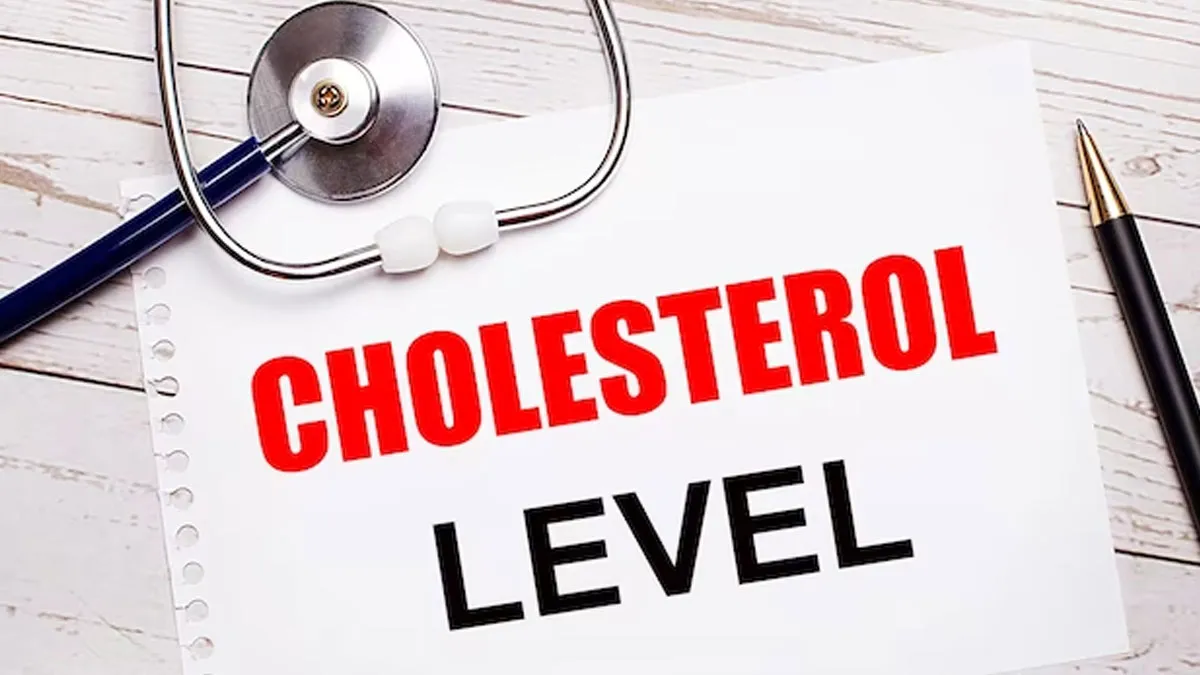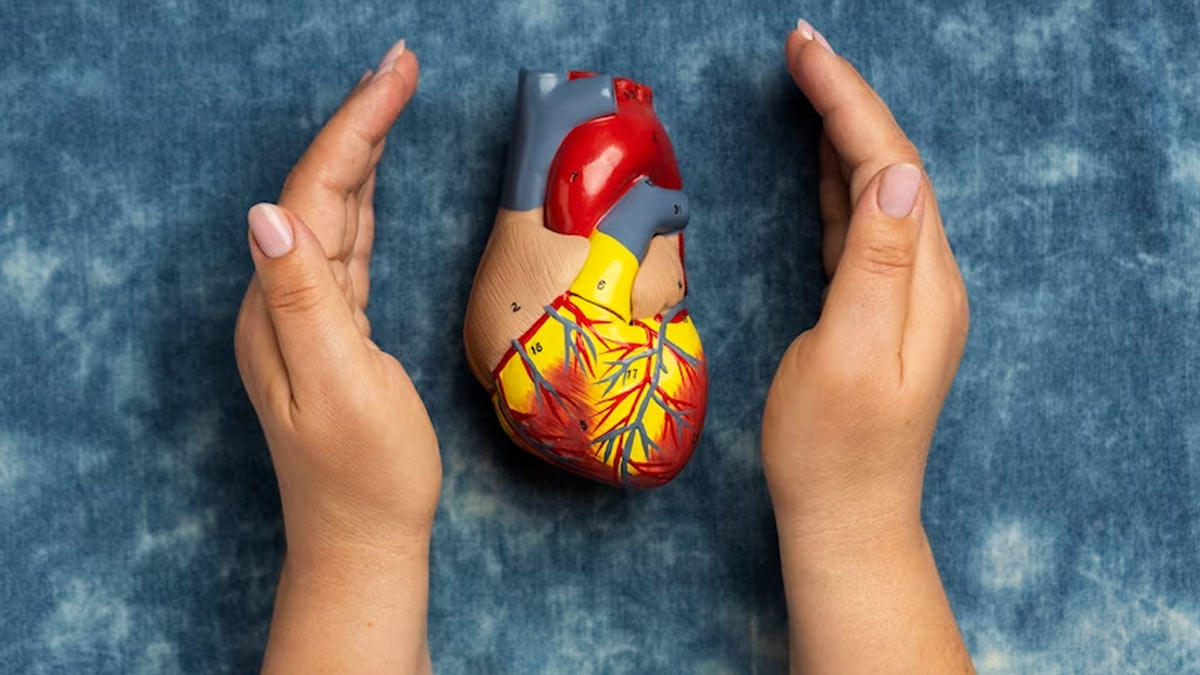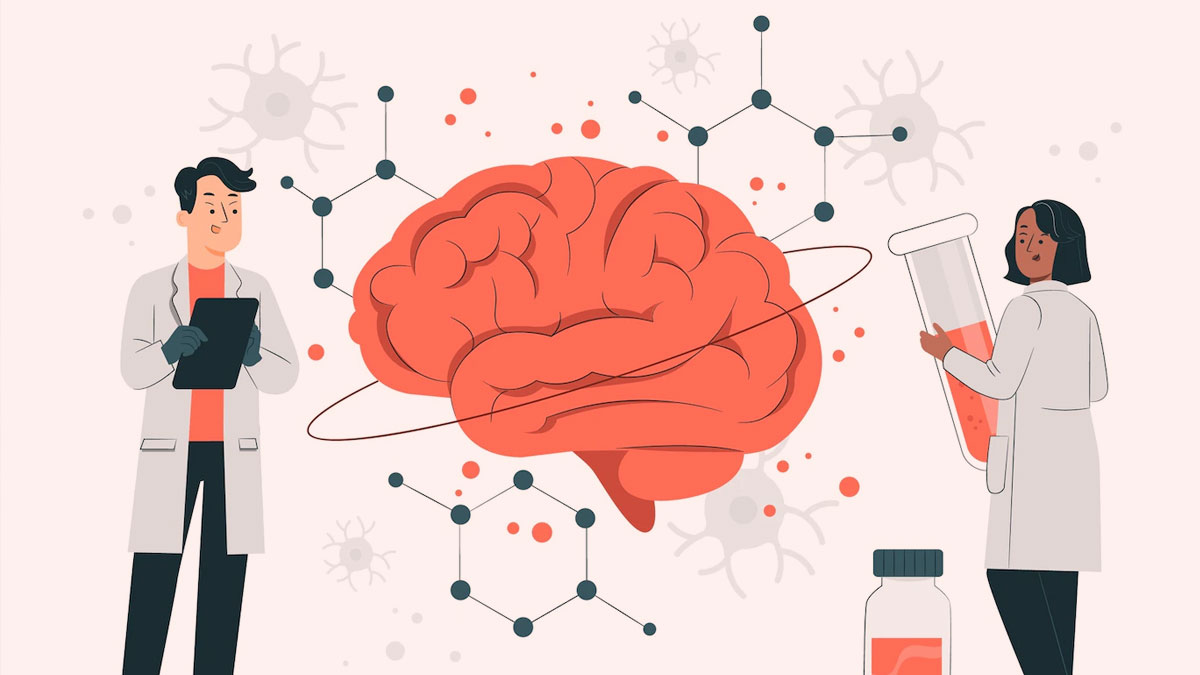
When we hear the term cholesterol, we automatically associate it with heart disease, blocked arteries, and severe dieting restrictions. However, there is another aspect to this much-criticised fat molecule that people tend to dismiss, which is stress i.e. the most important thing in maintaining brain health. While elevated blood cholesterol is related to cardiovascular dangers, it also plays a key function in brain structure and function. Experts explain that understanding and recognising this balance is crucial in safeguarding both heart and mind.
Table of Content:-
Brain's Hidden Dependence on Cholesterol
Cholesterol is a waxy, fatty substance that's essential for cell membrane stability, hormone manufacture, and vitamin D production. Around 25% of overall body cholesterol is found in the brain, even though the organ itself occupies just 2% of body weight. Neurons (nerve cells) use big amount of cholesterol to create and sustain synapses, the points where nerve impulses get communicated.
"Cholesterol works like insulation on nerve fibres. It's crucial in the synthesis of myelin sheaths that insulate neurons and facilitate effective communication between brain cells. Without enough cholesterol, brain activities like learning and memory might be affected,” explained our expert Dr Vikram Vora, Medical Director and Chief Health Officer (Indian Subcontinent), International SOS.
Also Read: Can Anxiety Cause Hyperventilation? Expert Explains the Link

What Happens In Case Of Low Cholesterol
Although one tends to concentrate on reducing cholesterol, research indicates that very low levels of cholesterol can be harmful to brain function. Research is pointing toward an association between low total cholesterol and mood disorders like depression and anxiety. It is speculated that cholesterol assists in modulating serotonin receptors, neurotransmitters that manage mood.
"Individuals who too severely limit cholesterol or eat very low-fat diets can get cognitive fog or emotional instability. The brain requires a certain amount of healthy fats in order to function best, so balance is the answer,” Dr Vora added.
What Happens In Case Of High Cholesterol
Yet the opposite is also alarming. Excessive amounts of Low-Density Lipoprotein (LDL) cholesterol, commonly referred to as the bad cholesterol, can result in the deposition of plaques in arteries that supply blood to the brain. This may enhance the risk for stroke, dementia, and Alzheimer's disease.
Dr Vora noted that microvascular damage is caused by high levels of cholesterol in the brain. This decreases oxygenation over time and hastens neurodegenerative pathways.
There are also other studies that have discovered that midlife high cholesterol can increase the chances of cognitive decline in one's later years. Hence, while cholesterol plays an important role in brain composition, excessive amounts in the blood can damage brain processes.
Also Read: Expert Shares The Best Breakfast Idea For Blood Pressure Patients

The Good Cholesterol
However, not all cholesterol is harmful. High-density lipoprotein (HDL), or good cholesterol, brings excess cholesterol out of arteries and into the liver for processing. Higher levels of HDL are associated with a reduced risk of cognitive impairment.
"HDL cholesterol is akin to a housekeeping molecule. Not only does it keep heart health in top working order, but it maintains proper lipid balance in brain cells to help enable greater cognitive function," shared says Dr Vora.
How to Maintain Brain-Friendly Cholesterol Levels
Maintaining optimal cholesterol levels involves more than just cutting out fatty foods. Here’s what Dr Vora recommended:
- Eat healthy fats: Include omega-3 fatty acids from fish, walnuts, and flaxseeds.
- Avoid trans fats and processed foods: These raise LDL and lower HDL levels.
- Exercise regularly: Physical activity boosts HDL cholesterol and improves circulation.
- Get screenings regularly: Your cholesterol should be tested every few years, more often if you have risk factors such as diabetes or obesity.
- Balance your diet: Fruits, vegetables, and whole grains contain antioxidants that shield cholesterol from oxidation, a major contributor to brain damage.
Bottomline
Cholesterol is not your enemy, it's a crucial building block of brain health. The trick isn't to get rid of it, but to balance it at levels that support heart and brain function.
FAQ
1. Can reducing cholesterol too severely impact mental health?
Yes. Very low levels of cholesterol can affect serotonin function and lead to depression or mood change.2. Is high cholesterol associated with Alzheimer's disease?
High LDL levels and brain artery plaque have been shown to potentially increase the risk of Alzheimer's and other dementias.3. How can I promote healthy cholesterol naturally for brain health?
Take on a healthy diet full of omega-3s, exercise daily, practice stress management, and abstain from trans fats and excessive processed foods.
How we keep this article up to date:
We work with experts and keep a close eye on the latest in health and wellness. Whenever there is a new research or helpful information, we update our articles with accurate and useful advice.
Current Version
Oct 26, 2025 10:55 IST
Published By : Tanya Srivastava